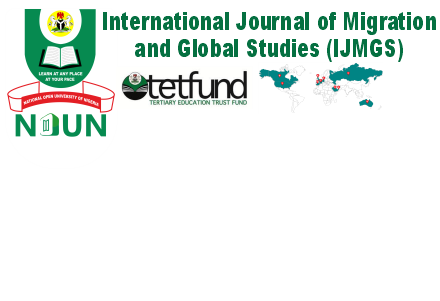Corruption is a global issue with greater impacts in the developing world. It is a complex social phenomenon with multidimensional aetiogenesis and the least progress in improving living standards among the developing regions of the world. This paper reviewed the historical contexts, definitions, types, and features of corruption; its challenges, concerns, causes, and consequences, and strategies proposed for its elimination. The aim of the paper was to establish the nexus of the root causes, consequences, and novel strategies for the elimination of Corruption in developing countries, and the expectation that the discourse would contribute modestly to policy development in shaping the contexts of the understanding and deployment of strategies to mitigate corruption, insecurity, and migration in the region. The author advanced two theoretical frameworks, “Taofeek’s triad model of the root causes of corruption” and “Taofeek’s interlink model of the root, stem causes and consequences of corruption” for the discourse. The paper brought to fore, “desperation” to meet “basic needs for survival” and “greed to nurture and sustain unnecessary needs and ego ”as the stem, and root factors of corruption respectively. Socio-economic protection facilities for rural dwellers, artisans, and all those at the lower level of the economy are recommended. Policy makers and managers of public resources must be actively engaged on transparency and accountability for the countries’ policies, and resources. The paper recommended the establishment of Youths’ Employment Fund (YEFund) in the template of TETFUND, to focus youths’ engagement in agriculture, rural development, sanitation, community security, and teaching.
